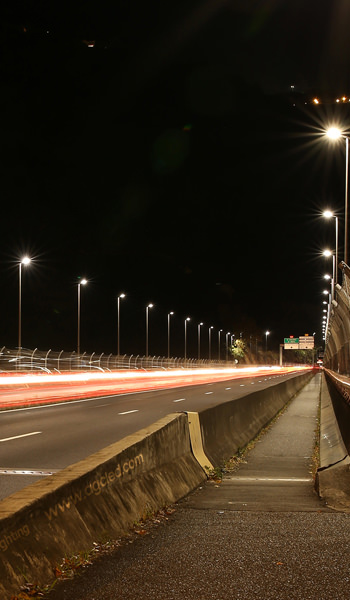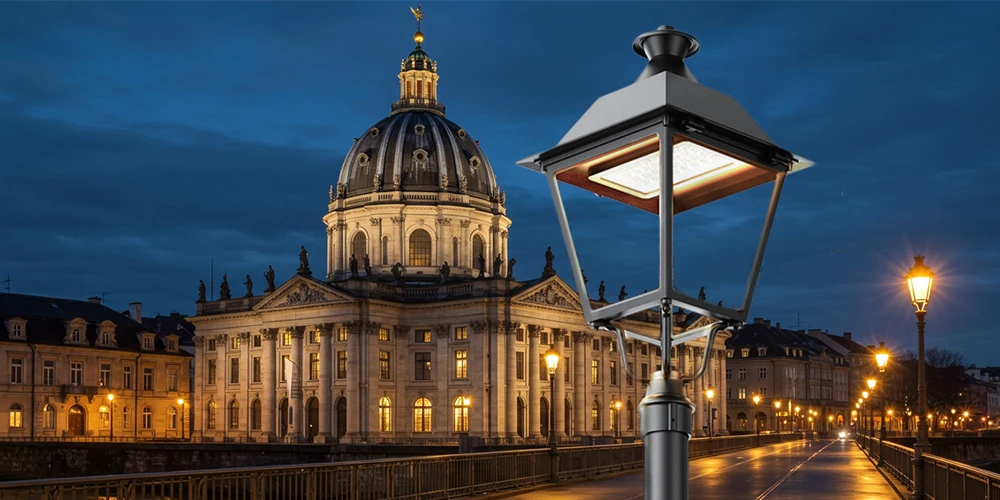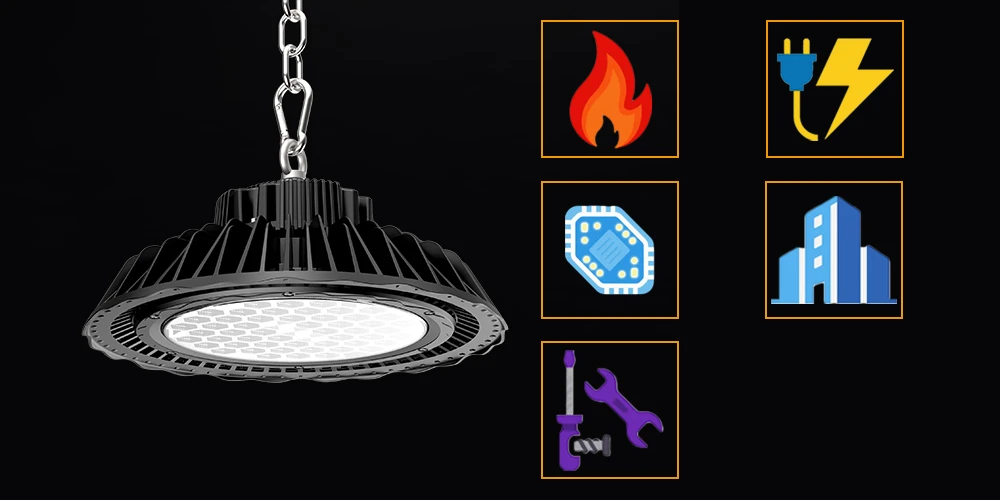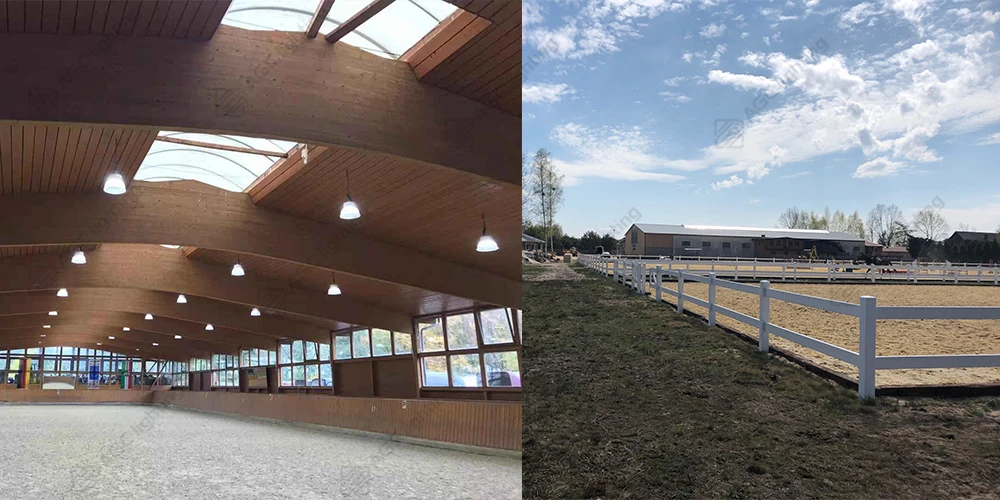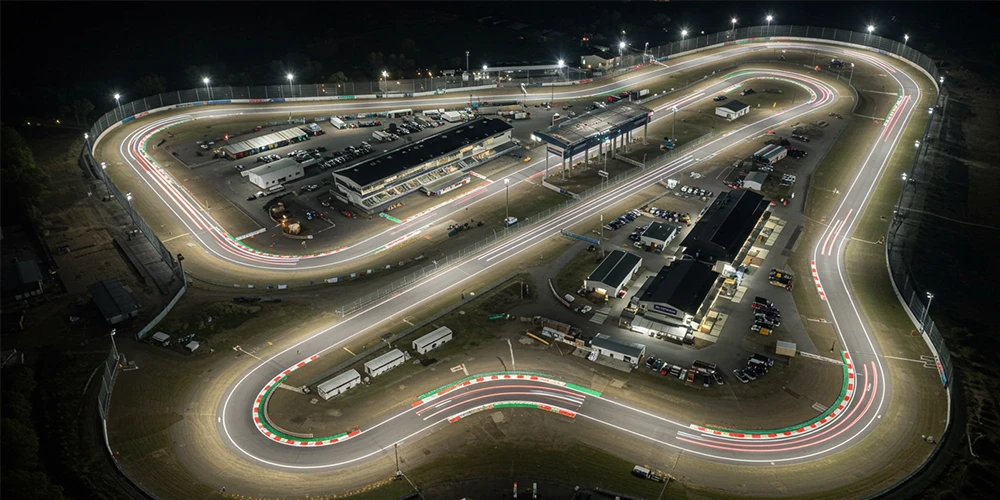You may hear of some Chinese supplier declare that their LED high bay UGR (Unified Glare Rating) value is <22, and when you buy a sample and test, you will find out their UGR value is actually higher than what they declare. Why?
Actually, we have helped some of our clients test some samples. We find out that these suppliers all input a higher lighting surface area value than the actual lighting surface area value while making the IES file; in this case, the UGR value <22 can be fabricated.
And there once some clients who used to choose milky cover to avoid a higher UGR value, because they think an LED high bay with milky cover looks comfortable to the eyes. But when the project finished installation, they found out that the lighting effect was not as good as they thought. Why?
Actually, the above two questions all refer to UGR. If you do not know what the main factor affects the UGR value, you will never know what the right solution is to reduce the UGR.
There is one formula for UGR, and it looks complicated.
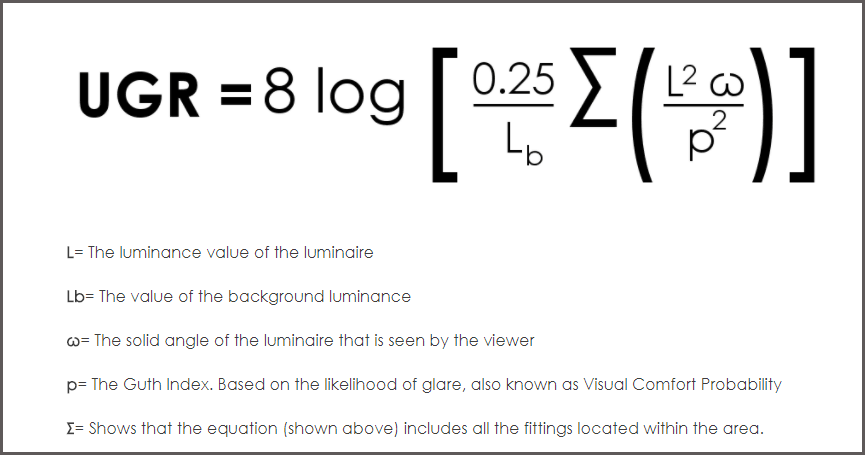
To put it simply, total lumen, lighting beam angle, and lighting surface area are three main factors that affect UGR.
- Higher lumen with higher UGR
- Smaller lighting beam angle with lower UGR
- Bigger lighting surface area with lower UGR
AGC always focuses on offering a better lighting effect to our clients.
Now we already have a UGR<18 solution:
HiCloud high bay + 50 degree PC lens H25203 + PC reflector H00C01A (as the below picture show)
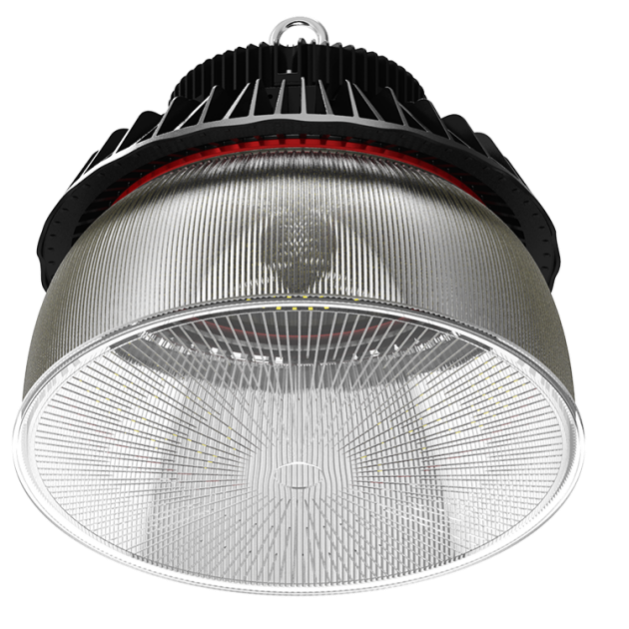
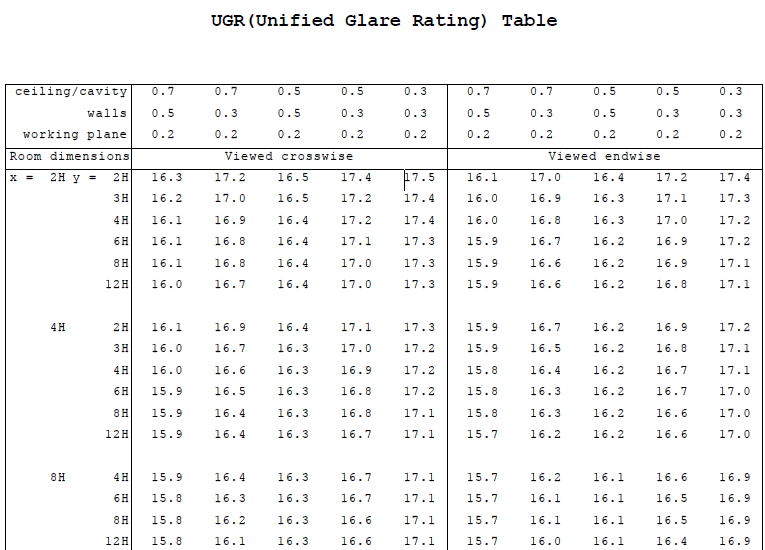
As you can see from the above IES file, the solution works effectively, with UGR<18, the efficiency is still high up to 138.72 lm/W.

Request IK10 to be used in the sports field? Just remove the PC reflector, and you will still get UGR<22.
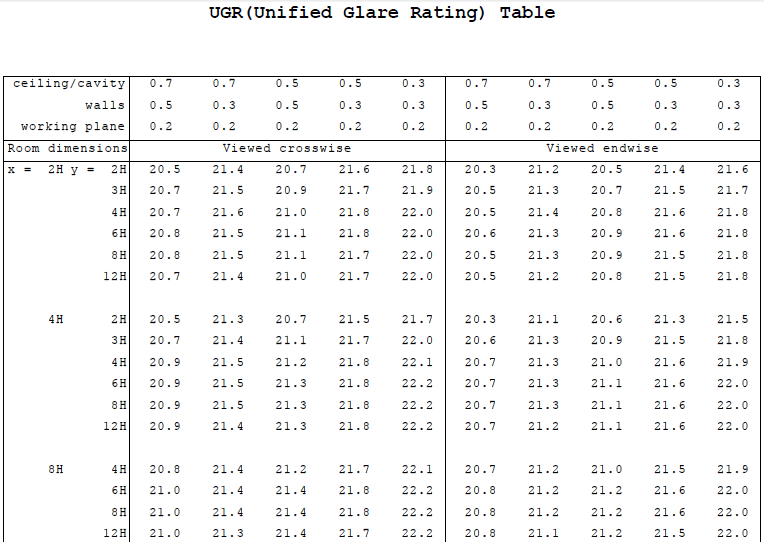
Want to know more about this solution? Welcome to contact AGC Lighting.

